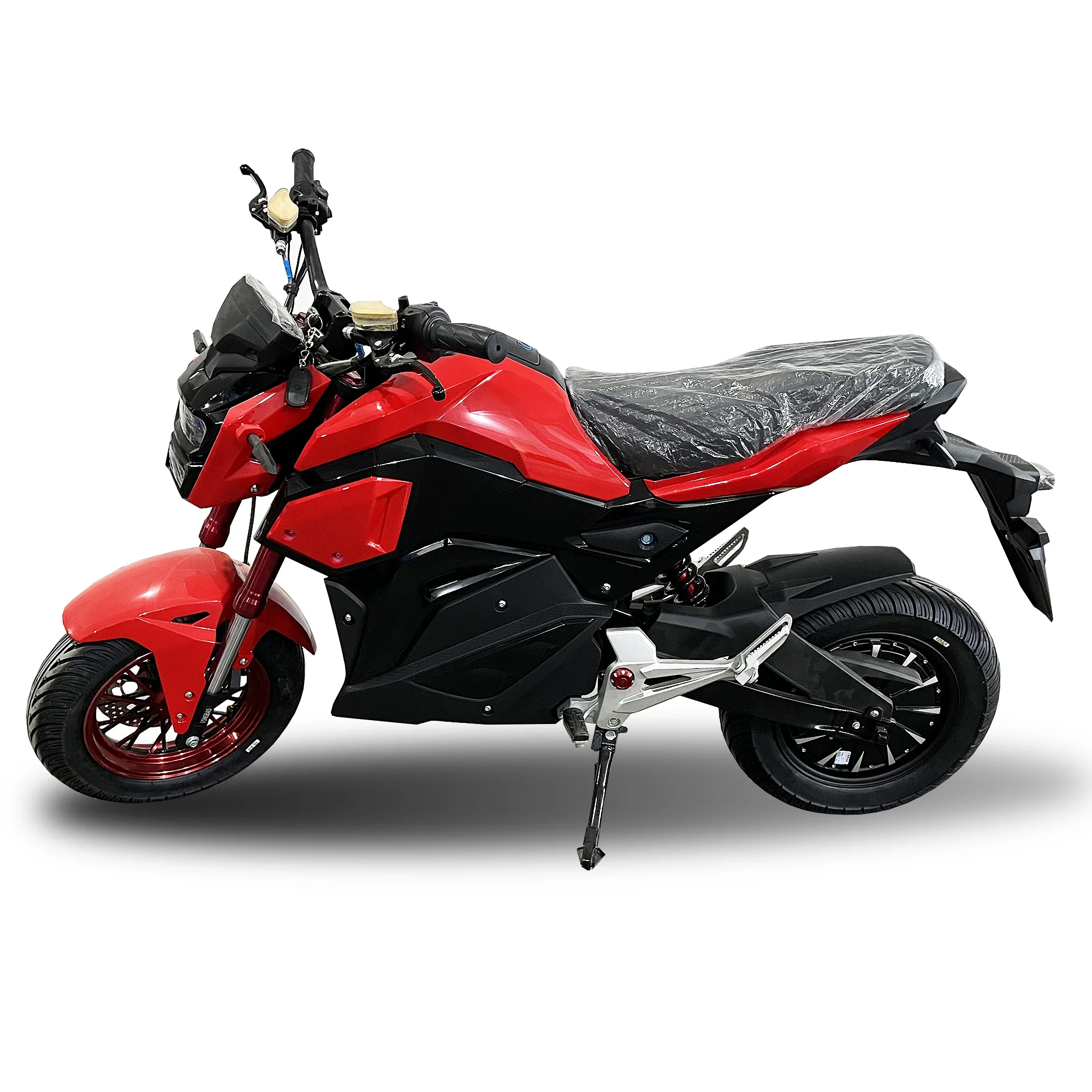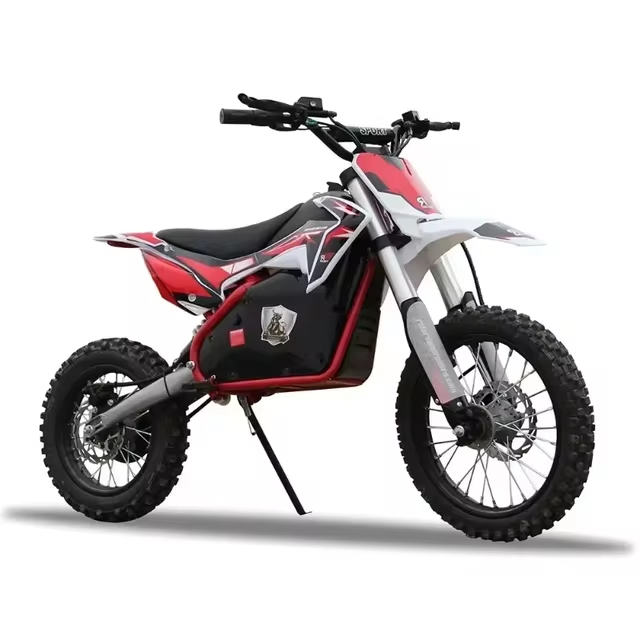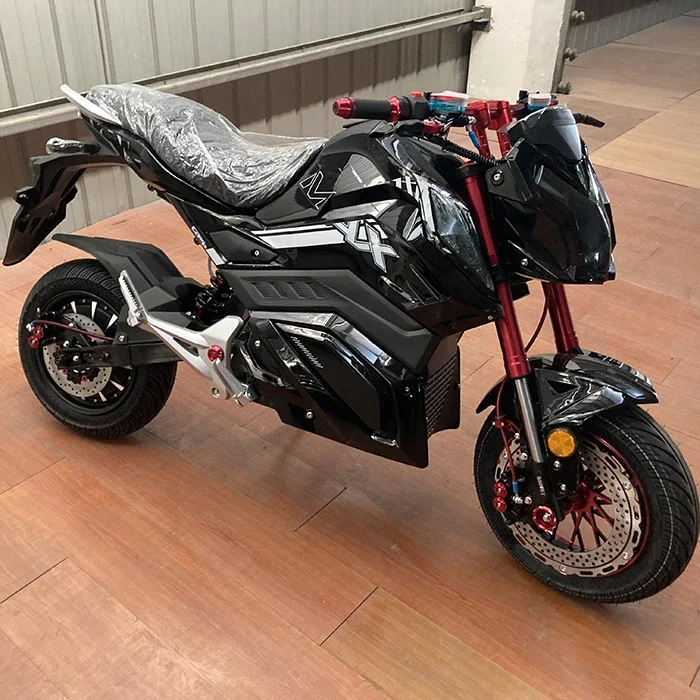Introduction to Electric Motorcycle Licensing?
As the popularity of electric motorcycles soars, many riders ask, ‘Do you need a license for an electric motorcycle?’ The simple answer is yes. Like their gas-powered counterparts, electric motorcycles require a valid license to be legally operated on public roads. This ensures that riders possess the necessary skills and knowledge to handle these vehicles safely. Licensing regulations help maintain road safety and minimize accidents. They ensure that each rider is competent and understands the traffic laws.

However, the rules can vary widely depending on your location. Most regions have specific requirements for different types of vehicles. As electric motorcycles become more common, laws continue to evolve. It’s critical for prospective and current owners to stay informed about the latest licensing requirements. This post aims to provide a comprehensive overview of what you need to know about electric motorcycle licensing as of 2024.
Definition of Electric Motorcycles and Classification?
Before diving into the licensing requirements, let’s define what an electric motorcycle is. An electric motorcycle is a two-wheeled vehicle powered by an electric motor instead of a traditional gasoline engine. These motorcycles usually derive their power from rechargeable batteries.
The classification of electric motorcycles can vary. Typically, they are categorized based on their top speed and motor power. For instance, some regions classify electric motorcycles similarly to mopeds if their speed doesn’t exceed certain limits, while others may classify them alongside conventional motorcycles if they surpass those limits.
Understanding these classifications is crucial as they can influence the licensing requirements. Each classification might have different regulations concerning what type of license you need and the prerequisites for obtaining it.
Overview of Licensing Regulations for Electric Motorcycles?
Regulations for electric motorcycle licensing are crucial for every rider’s safety. These rules ensure that only qualified persons can operate electric motorcycles. Each country or area sets its own specific licensing regulations, designed to comply with local traffic and safety norms.
Almost every region requires some form of licensing for electric motorcycles, just like traditional motorcycles. Generally, the classification of an electric motorcycle helps determine the kind of license required. For example, smaller or less powerful electric motorcycles, sometimes classified similarly to mopeds, may require different licenses compared to high-speed electric motorcycles.
It’s important for riders to comprehend these regulations thoroughly. They include the minimum age for operation, required training or tests, and other specific provisions. Often, applying for an electric motorcycle license involves passing both practical riding tests and knowledge-based examinations on traffic laws.
Understanding and adhering to licensing rules not only keeps you legal on the road but also significantly reduces the risk of accidents. Therefore, stay informed about the latest updates in laws and regulations pertaining to electric motorcycle operation in your jurisdiction.
Differences in Licensing Requirements by Region or State?
The licensing requirements for electric motorcycles are not uniform across the board. Each region or state has its own set of rules, influenced by local traffic conditions and safety concerns. As electric motorcycles gain popularity, different places may update their laws at various rates, leading to a patchwork of regulations that can be confusing for riders. Here’s what to keep in mind:
- Variation by State: In the United States, each state has the authority to define its own requirements for electric motorcycle licensing. Some states might only require a basic motorcycle license, while others ask for additional endorsements.
- International Differences: Globally, there are even greater differences. Some countries have a single-tier licensing system for all motorcycles, while others distinguish between electric and gas-powered bikes.
- Regional Classification: The classification of electric motorcycles may differ regionally, which affects the type of license needed. Where one state may consider a certain electric motorcycle as a moped, necessitating a lesser license, another might classify it as a motorcycle, requiring a full motorcycle license.
- Local Laws: Local laws can also dictate specific safety gear requirements, insurance policies, and more, all of which are intertwined with licensing.
- Updates to Legislation: With technology advancing, legislations are continually reviewed and updated. It’s essential for riders to stay informed about current laws in their specific location to ensure they’re operating within legal boundaries.
In summary, when wondering, ‘Do you need a license for an electric motorcycle?’, the answer depends on where you live. No matter the region, it’s critical for riders to check their local laws and ensure they meet all licensing requirements before taking to the streets on an electric motorcycle.
 Age and Education Requirements for Electric Motorcycle Operators?
Age and Education Requirements for Electric Motorcycle Operators?
The licensing requirements for electric motorcycle operators do not only include passing tests but also meeting specific age and education criteria. These criteria ensure that riders are mature enough and sufficiently informed to navigate the roads safely.
Minimum Age Requirement
The minimum age requirement varies by region. Typically, an individual must be at least 16 to 18 years old to apply for a motorcycle license. This age requirement helps ensure that the rider possesses enough responsibility and physical capability to operate an electric motorcycle safely.
Educational Requirements
Potential operators must usually undergo a motorcycle training course. These courses cover essential riding skills and traffic laws specific to motorcycles. Some regions might require additional training tailored for electric motorcycle operation due to their unique characteristics.
Furthermore, an applicant must pass a written test, which includes knowledge of road rules, motorcycle maintenance, and safety practices. This ensures that all operators have a foundational understanding of how to ride responsibly and react in different road conditions.
By meeting age and educational requirements, electric motorcycle riders contribute to safer road environments for everyone. Always check specific local laws to ensure compliance with regional licensing requirements.
Steps to Obtaining a License for Electric Motorcycles?
Obtaining a license for an electric motorcycle involves several key steps, similar to traditional motorcycle licensing. Here’s a straightforward guide to help you navigate the process:
- Check Local Requirements: First, research the specific requirements in your region or state. This initial step ensures you meet all preconditions, such as age and education.
- Complete a Training Course: Almost all regions require potential riders to complete a motorcycle or electric motorcycle-specific training course. These courses teach important riding skills and traffic safety laws.
- Pass Written and Practical Examinations: After completing the training, you will need to pass both written and practical exams. The written exam covers traffic laws and motorcycle maintenance. The practical test assesses your riding skills in real-world scenarios.
- Submit Necessary Documentation: You must submit identification documents and any required forms. Some areas might also ask for proof of residency.
- Pay Licensing Fees: Pay the applicable fees for processing and issuing your license. These fees vary by region.
- Receive Your License: Once you pass the tests and fulfill all other requirements, you will receive your electric motorcycle license. This license is essential before you can legally operate on public roads.
By following these steps, you ensure that you comply with local laws and contribute to road safety. Always stay updated with any changes in licensing requirements or procedures.
Penalties for Riding Without a License?
Riding an electric motorcycle without a proper license can lead to serious consequences. The penalties vary depending on the jurisdiction, but typically include fines, impoundment of the vehicle, and sometimes even jail time. Here’s what you need to know about the penalties for riding without a license:
- Fines: One of the most common penalties is a financial fine. These fines can be costly and increase for repeat offenses.
- Impoundment: Authorities may impound your electric motorcycle. You might face additional fees to retrieve it.
- Legal Action: In severe cases or repeated offenses, legal action may be taken. This could result in probation or jail time.
- Points on Driving Record: If applicable, points may be added to your driving record. This can affect insurance rates and future driving privileges.
- Mandatory Education: You may be required to attend a motorcycle safety course before you regain your riding privileges.
Riding without a license is a risk not worth taking. It undermines the safety protocols established by licensing requirements. Make sure you obtain the appropriate license for your electric motorcycle to avoid these penalties and ensure the safety of all road users.
 Anticipated Changes in Licensing Laws for Future Mobility
Anticipated Changes in Licensing Laws for Future Mobility
As electric motorcycles evolve, so do the laws that govern them. In response to the rapid advancements in electric vehicle technology, we can expect several anticipated changes in licensing laws to accommodate future mobility. These changes aim to ensure both the safety of riders and pedestrians and the smooth integration of these vehicles into mainstream traffic systems.
- Technological Proficiency: Future licensing may require riders to demonstrate proficiency with advanced vehicle technologies. This could include understanding new interface systems or automated safety features specific to electric motorcycles.
- Updated Training Programs: Training courses will likely be updated to reflect the technological advancements in electric motorcycles. Riders will need to familiarize themselves with battery management, emergency handling of electric-specific failures, and perhaps even basic programming skills.
- Integration of Real-time Data: Licensing tests might evolve to incorporate real-time data handling skills, reflecting the increased connectivity of electric vehicles. This would prepare riders for scenarios where vehicle-to-vehicle communication is common.
- Environmental Regulations: As global attention to environmental sustainability intensifies, licensing requirements might also include knowledge of environmentally-friendly riding practices and the impact of motorcycles on ecosystems.
- Flexible Licensing: With various new types of electric vehicles hitting the market, we might see more flexible licensing categories. These would cater to the different speeds, weights, and functionalities of each type of electric motorcycle.
These predicted changes intend to make licensing more adaptive and comprehensive, aligning with the future landscape of electric motorcycles. Staying informed on these updates is crucial for current and future riders.
